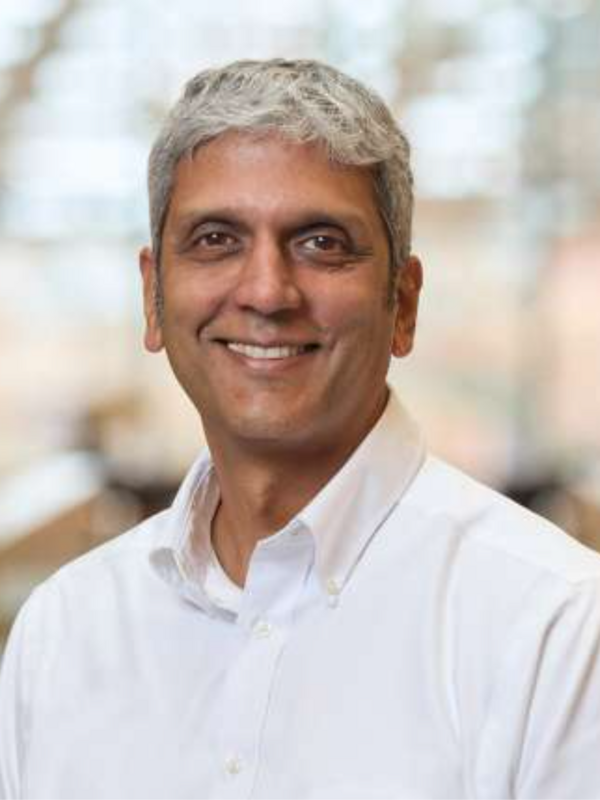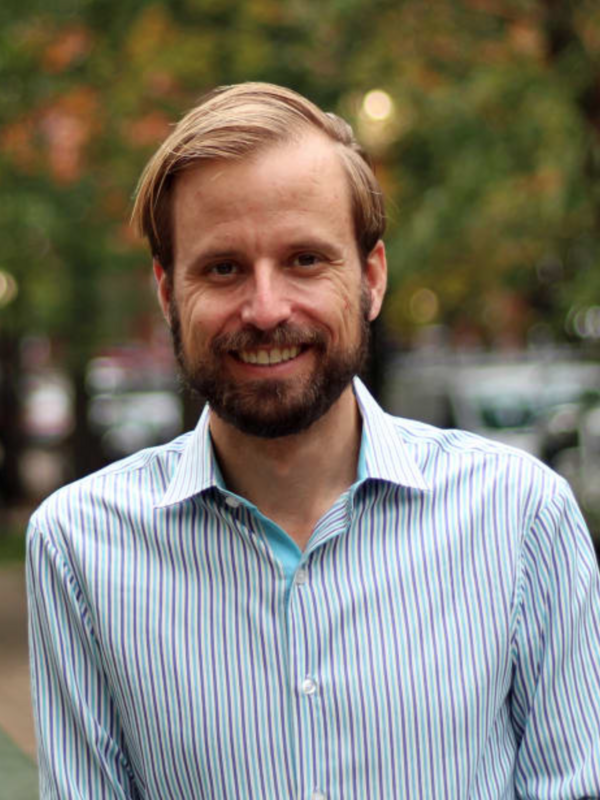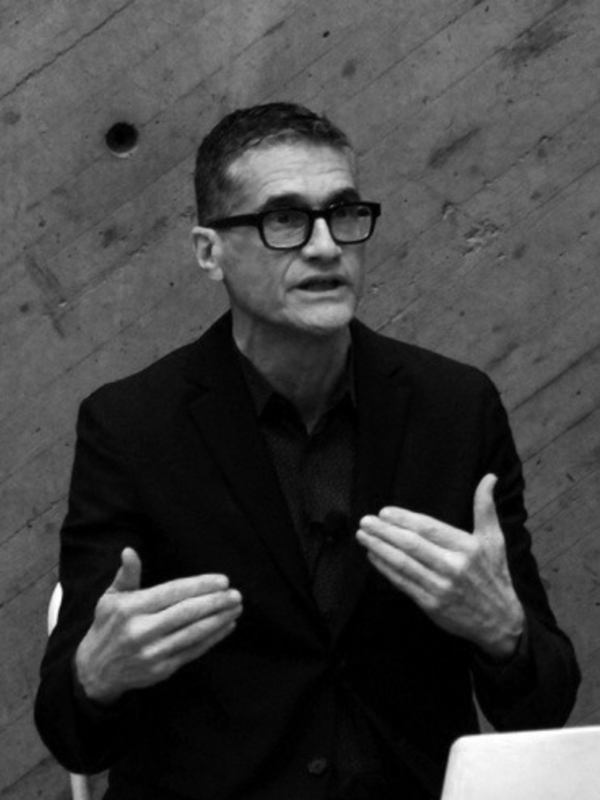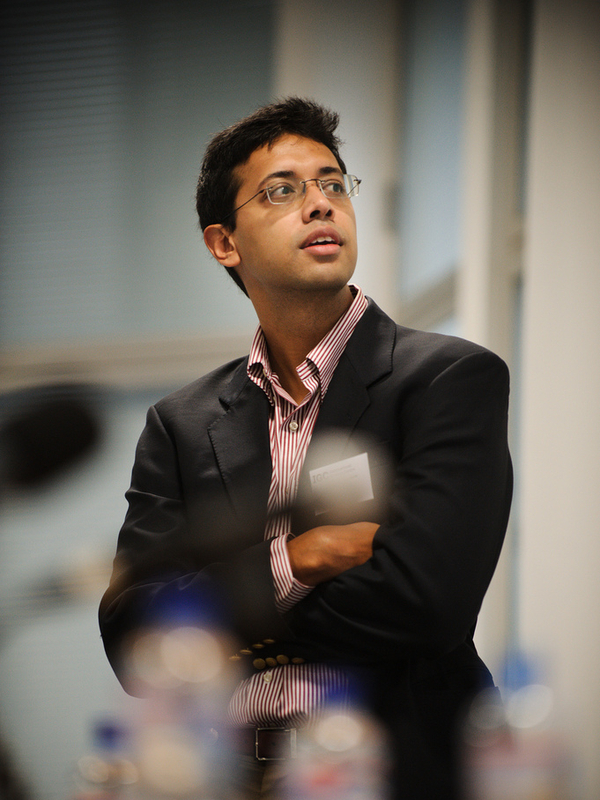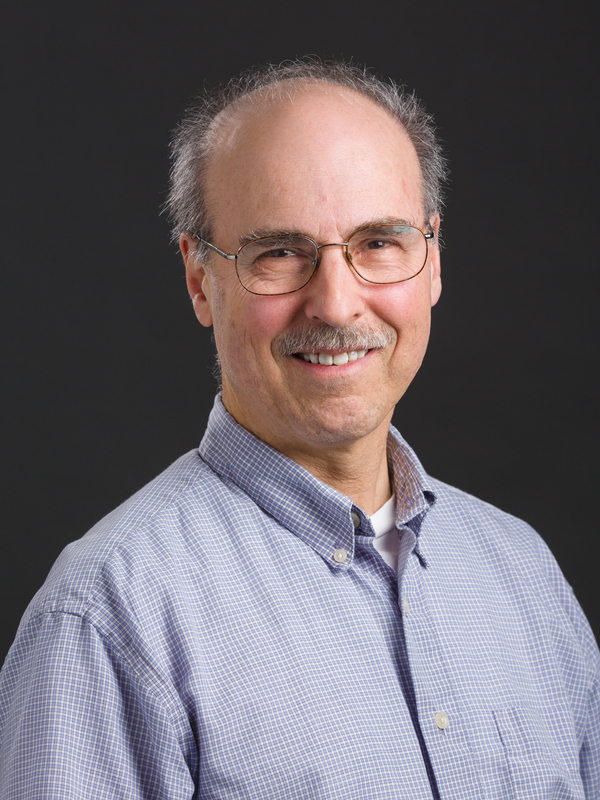Authors of UN Report on Climate Change Discuss Opportunities, Challenges of Urban Areas at Annual Hixon Conference
The most recent report from the UN Intergovernmental Panel on Climate Change released earlier this year issued a dire warning about the growing threats posed to people and ecosystems if urgent — if not immediate — action is not taken on climate change. But the report also outlined where mitigation — particularly in urban areas — could provide hope for meaningful climate action.

